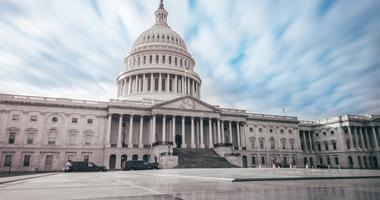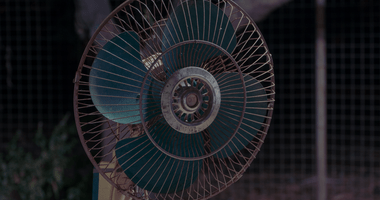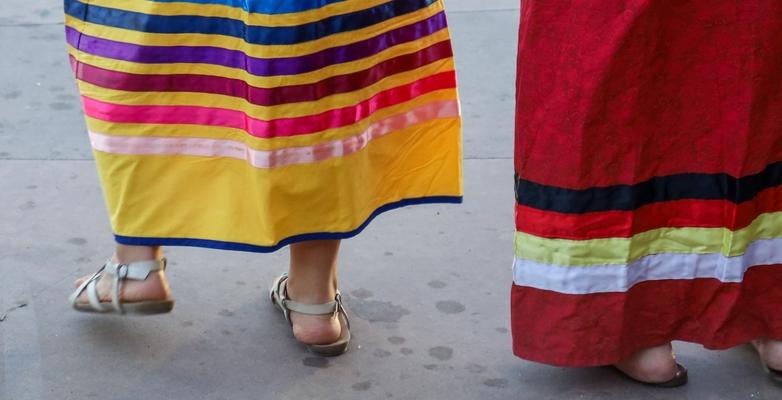
International Day of the World Indigenous Peoples: One Mind, One Earth
The knowledge of climate action is rooted in Indigenous peoples past and cultures. Teachings of environmentalism embedded in Onondaga culture are shared.
"Nya•wéñha Sgé•noñ, hothahyoñnίh ne’ no•wa’wa’ge•se•ye’deñh gaiye' wagoñh se•ge’ Gañendawaks oñgyastha. I am thankful you are well; wolf clan is my clan, I am Longhouse, and 'She Shakes The Hemlocks' is my name."
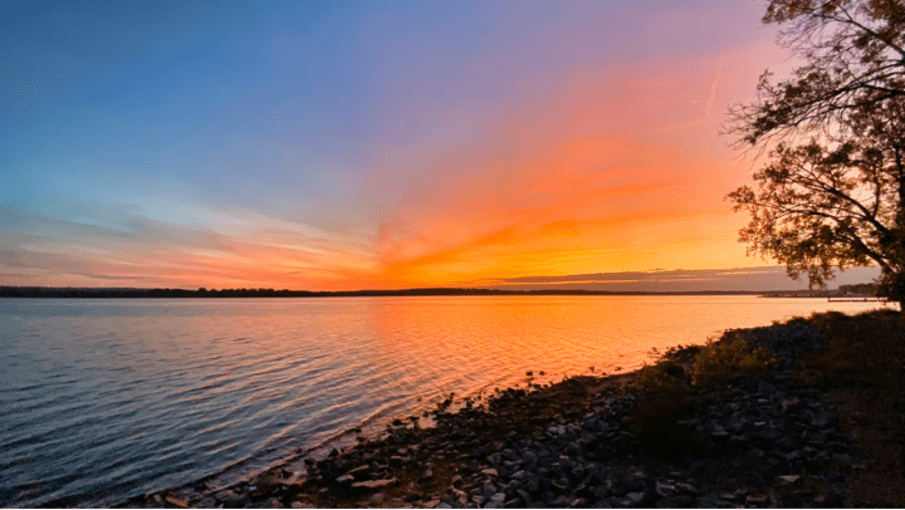
Relationship to Mother Earth
Gañendawaks or She Shakes the Hemlocks was a name given to me by my Clan Mother and is what gives me medicine and strength. Many of our Nation’s names reference animals, flowers, trees, and plants; like my brother’s name Haeñhyanoñhna (He protects the Sky), and my sister’s name Niyonoñda’uh (Little Hills). Our names give us our connection to the Earth, their meanings become tied with who we are.
As Indigenous people, we do not see ourselves as being separate from the environment. We care for it, we respect it, and we are a part of it. The teachings I grew up with talk about the environment as a family. Our mother is the Earth, Ethino•ha tsha' Oñweñja•de', our brother is the sun, eñdekhá' gáähgwa•', our grandmother is the moon, Ethihsoda ahsoñhekhá gáähgwa•'.
I am Onoñda’gegá', or Onondaga, a part of the Haudenosaunee. Together with the Mohawk, Oneida, Cayuga, Seneca and Tuscarora, we make up the Six Nations. Our languages may differ from one another but the meanings still hold. Our cultures are based upon our relationship with nature.
At the beginning of ceremonies, we have an opening or Ganoñhéñ•nyoñ’ (thanks giving address) in which we give thanks. Within this address, we thank our Mother Earth and our people, the trees and medicines, the foods and berries, the winged and land animals, the waters and winds, the moon, sun, and stars, the thunders and protectors, and our creator. When we do this, we are putting our Minds Together as One and acknowledging the collective system of which we are grateful to be a part. We are thanking the Earth and our Creator for the gifts it has given us. I was taught that when I am saying the Ganoñhéñ•nyoñ’ I need to have a clear loud voice so that my people and the environment would be able to hear me.
Whether I was listening or speaking, I knew that the Earth was listening as well.
Protectors
The environment is something that has always been an integral part of my life. Growing up in the Onondaga Nation, I was well-versed on issues such as fracking, water pollution, and land rights. I remember my family driving by Onondaga Lake and having to plug my nose because the smell was overpowering. I would wonder how the lake, that has the name of my nation, could be filled with toxic chemicals. I was taught about showing respect toward the Earth, yet I did not understand how there can be such a disregard for an entire ecosystem.
We are protectors of our land and resources, yet our community was dealing with the catastrophic physical, health, and emotional effects. The Onondaga Lake became known as the most polluted lake in the United States and was listed as a Superfund site in 1994 and divided into nine sub-divisions for remediation. But the wound and memory of that treatment still exist.
Now with climate change, countless communities are feeling those same wounds. Coastal communities’ food sources are being impacted by the increase in water temperatures and ocean acidification. Nations are suffering from sea level rise and coastal erosion. Tribes in the northern regions are having to relocate due to permafrost thawing. Deforestation, pipelines, and mining are all added to the extensive list of impacts that are and will continue to impact many nations due to climate change. Indigenous communities are the least responsible for their hardship, but they are the most impacted.
But we are not alone. Being from different nations, tribes, or countries we can understand one another.
There is something deep within the hearts of Indigenous people that drives us to continue to protect and advocate for Mother Earth. I remember the call to action for the Dakota Access Pipeline and the support from nations and tribes across the world. Being resilient people, we have been co-existing with our planet for thousands of years. Although we have always been adapting to a changing climate, today there is more urgency to engage in climate action. More communities are developing their climate action plans and calling for the integration of traditional knowledge. There is a strength in Indigenous people to continue to move forward, to persevere.
Seventh Generation Principle
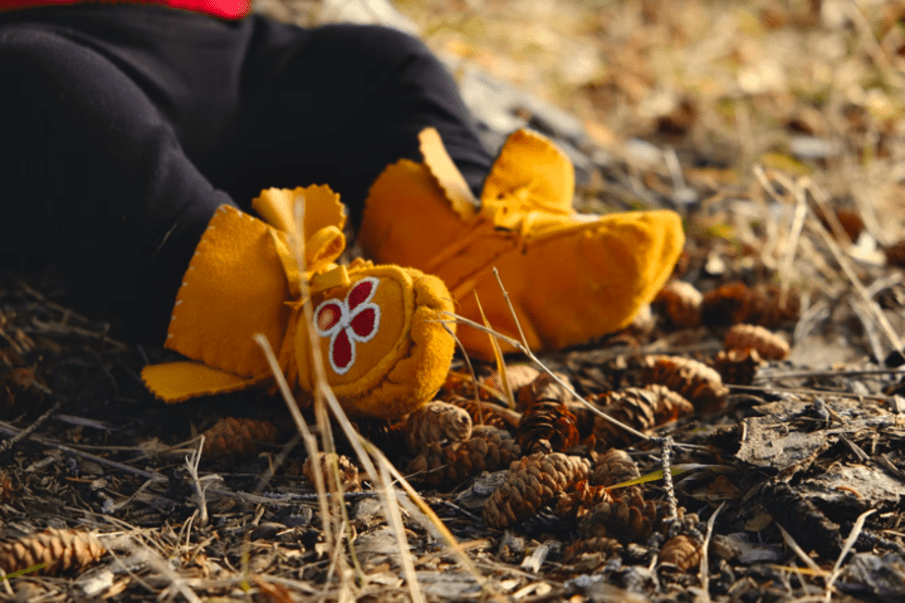
I often get asked why Indigenous people care so much about the land and the Earth. The view of land has been drastically transformed into being seen as a commodity or financial investment, but for us, it is where our people are, it is home. We see the value of the land being tied to the community. With this sense of community and understanding of the interconnectedness of humans and the Earth; we have the Seventh Generation Principle. This principle asks that you do not think of only yourself or your family, but think and make decisions on behalf of the seven generations coming.
Allow them to experience the world you are seeing, walk the Earth, and be able to enjoy what you have today.
It is challenging to see past yourself here in the present and consider those who have not been born yet. It is a powerful mindset, that prioritizes the needs and impact on the next generation.
It is about asking yourself, what are the gifts I have been given? The life we have here on Earth is a gift, the more time we spend living is an opportunity to carry on the traditions and teachings to the next generations.
Our planet is something that we share. Our ancestors shared it with us, they walked the Earth and passed on the good ways of how to treat one another and the planet with kindness and respect.
She Shakes the Hemlocks
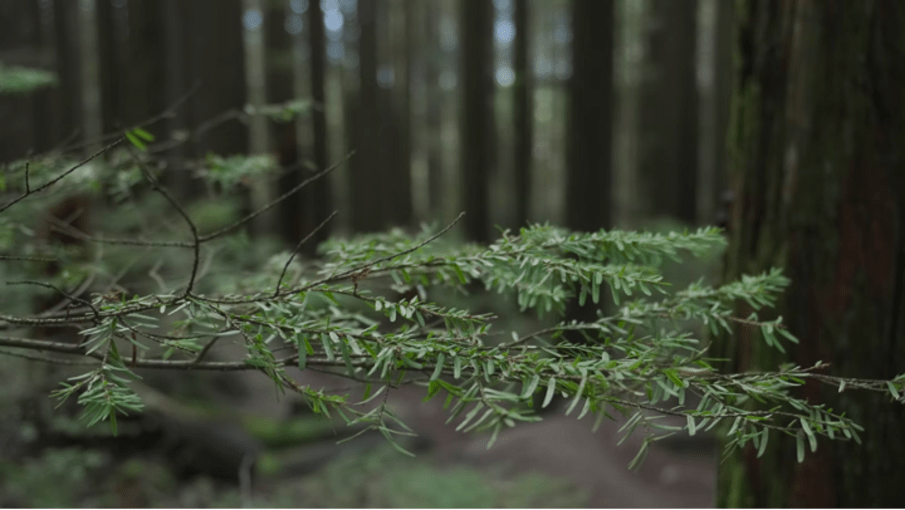
My younger self thought it was strange that I was given a name that talks about me shaking a tree. But I now know that the name I was given has provided me with a message. Hemlocks create an ecosystem around themselves with their foliage, providing habitats for all walks of life. They have strong roots and have the ability to persist in situations where other species fail. The name given to me gives me the power and strength to move these trees, to make change.
My strength will contribute to generating the winds of change for my people. I am a part of creating the movement towards an Indigenous future. The path I am walking has been walked by others before me and will be walked by others after me.
For those who want to join in on walking this path, take the time to listen to the voices of Indigenous communities. Hear their stories, respect their culture and come in with a good mind and heart.
Sophia Powless
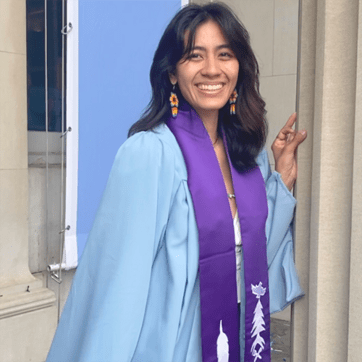
Sophia Powless is Wolf Clan from the Onondaga Nation and grew up with a passion for environmental and Indigenous issues specifically land rights, sovereignty, and environmental justice. She has earned her BA in environmental studies and was a part of the inaugural class of the Columbia Climate School, obtaining a master of arts in climate and society. Sophia aims to spread awareness of Indigenous teachings and culture to raise the voices of her community within the climate field. She enjoys expressing herself through art and beadwork and hopes to continue to educate others on the impacts of climate change.
Additional Information:
Tully Mudboils: THE TULLY MUDBOILS HD


